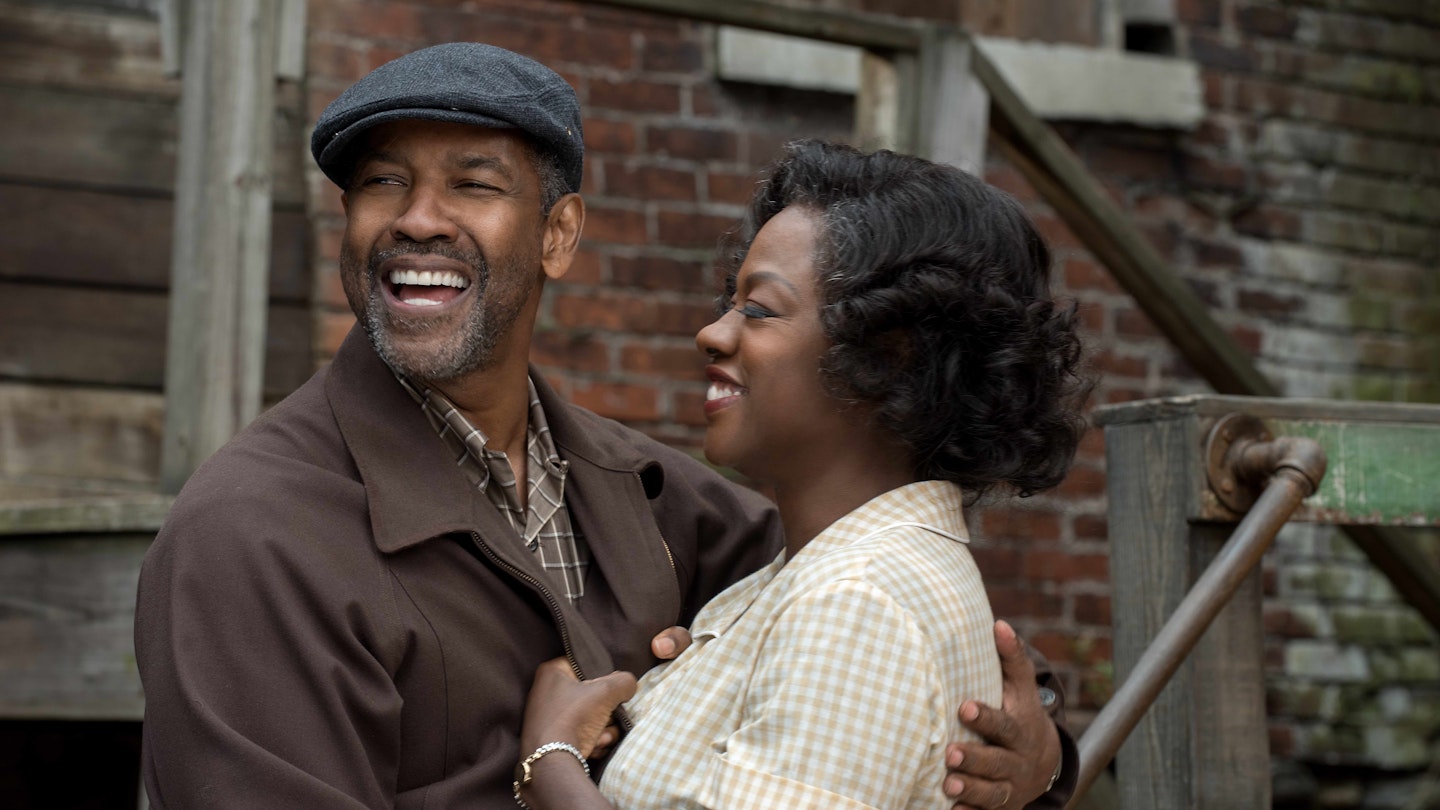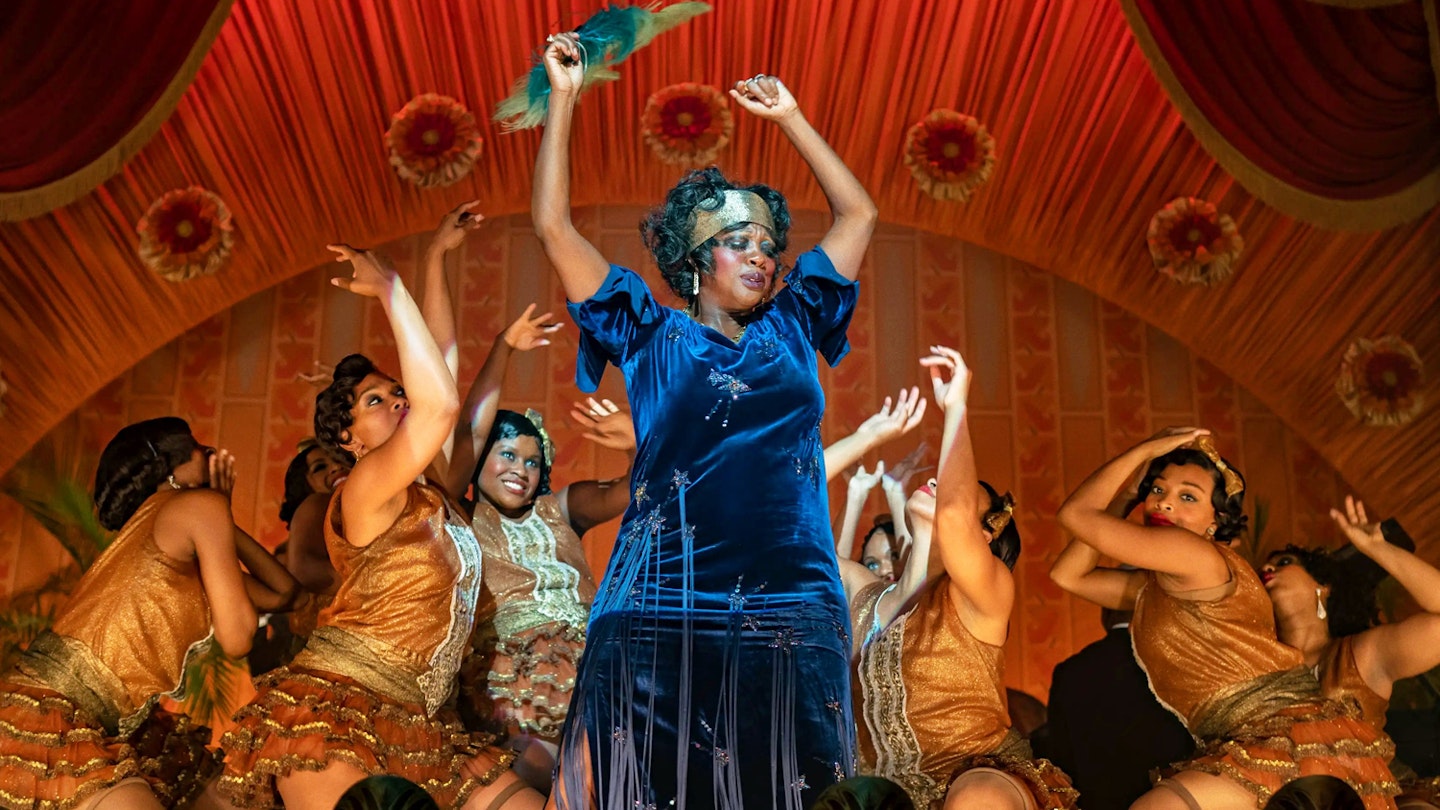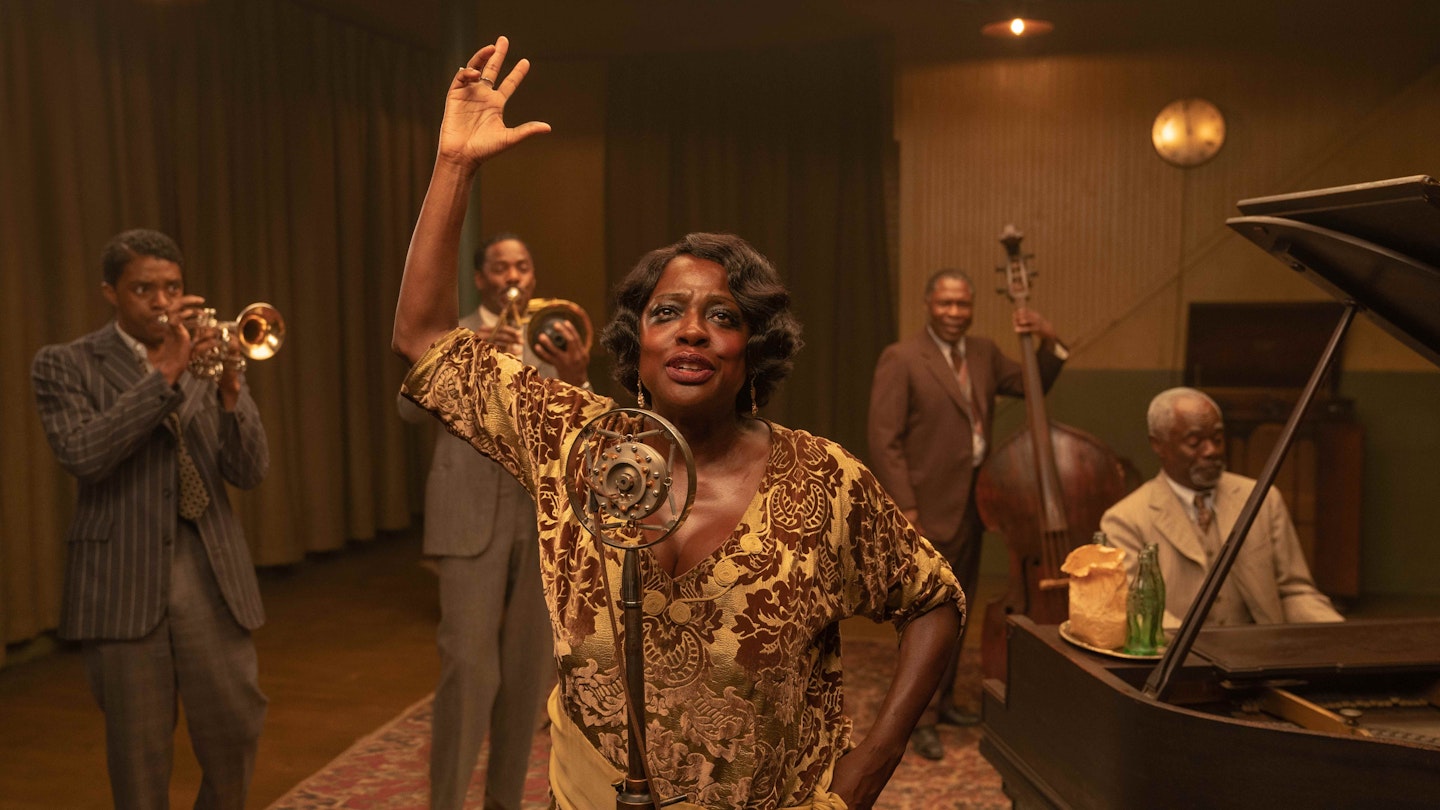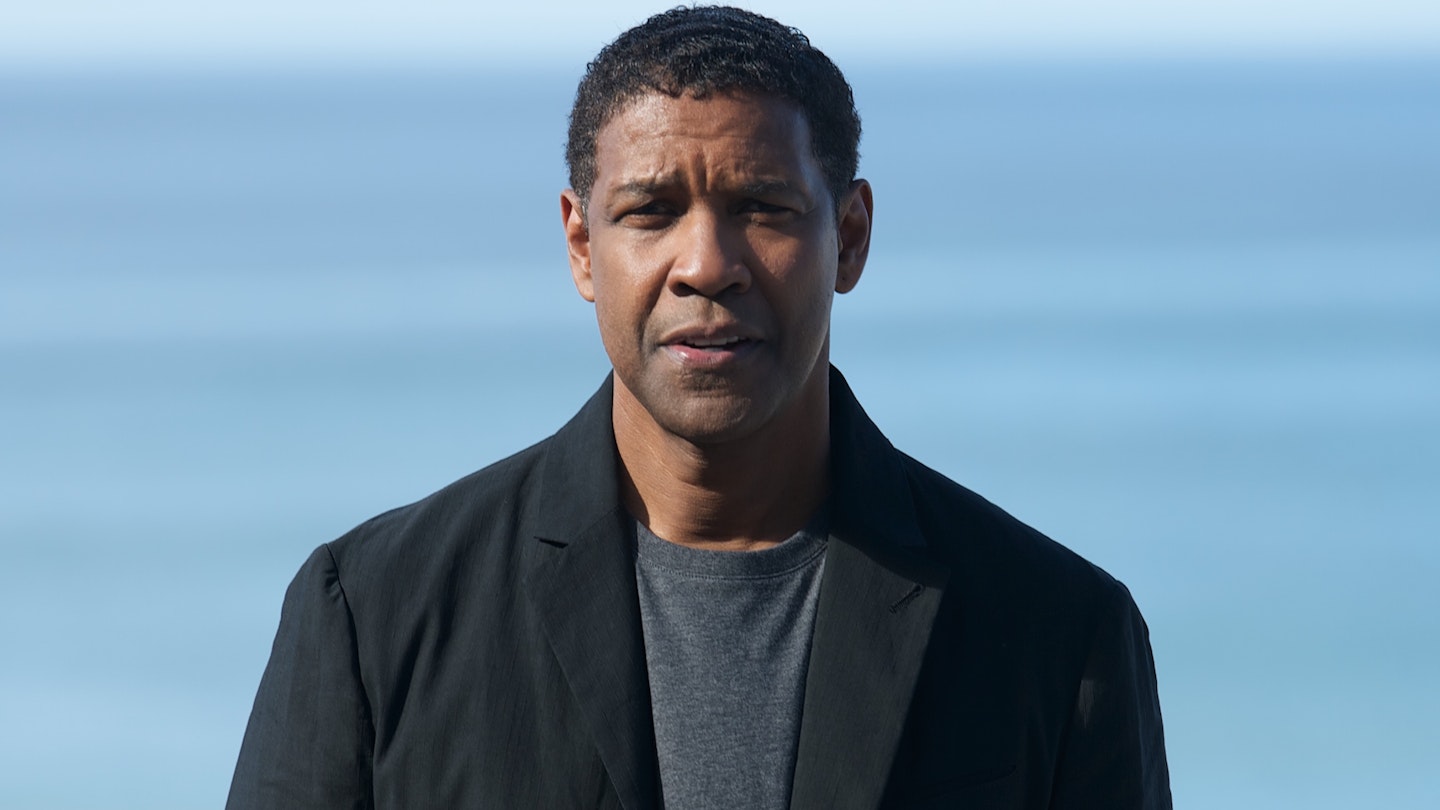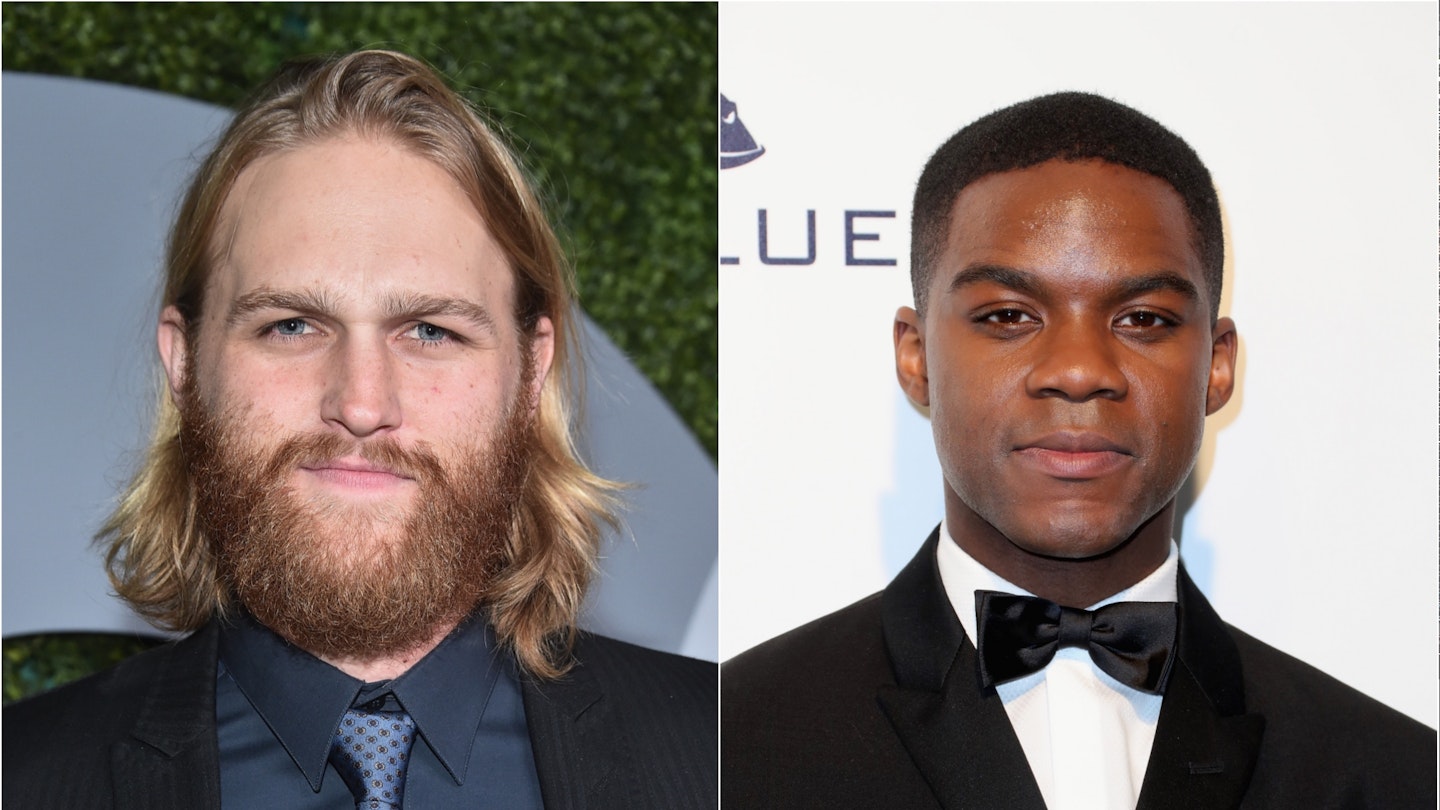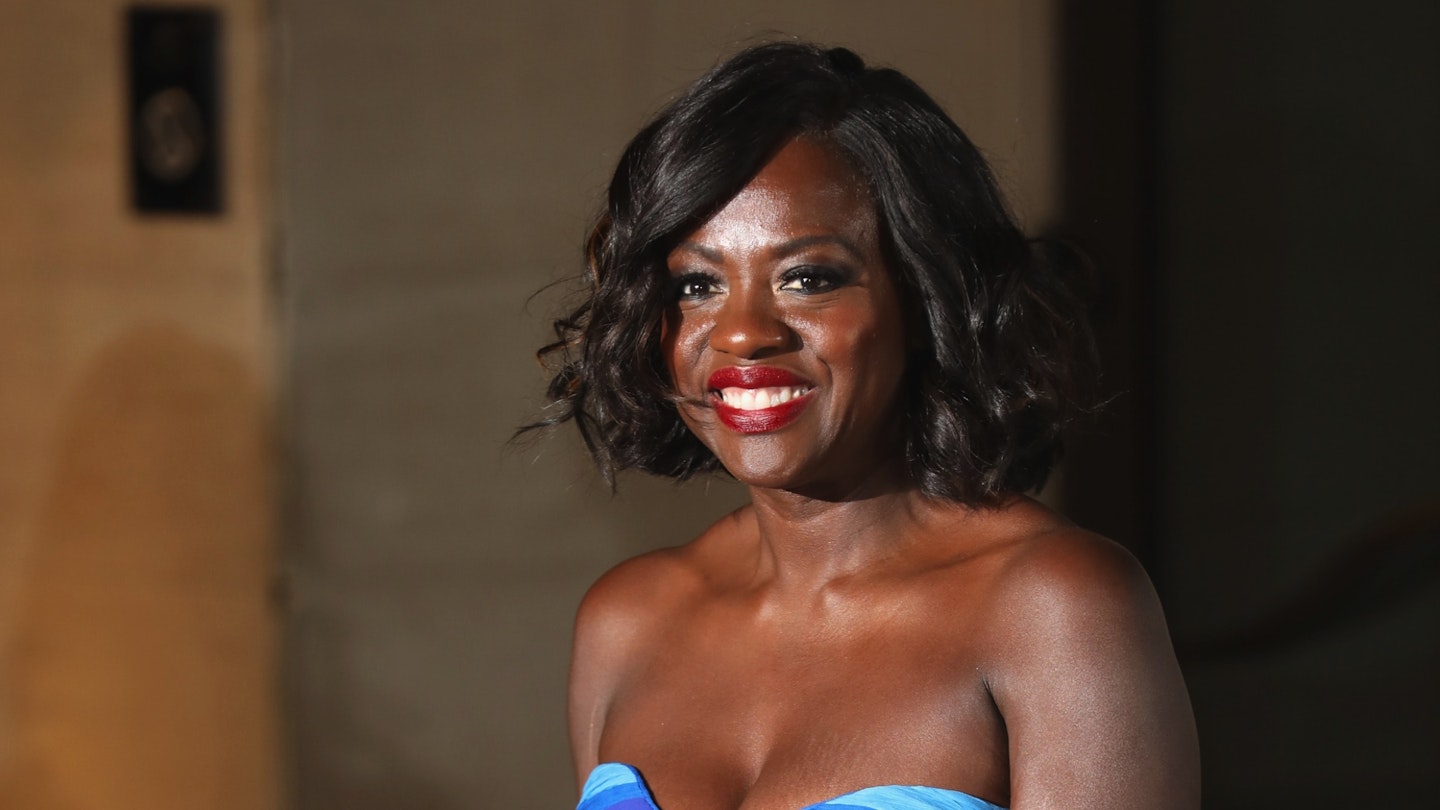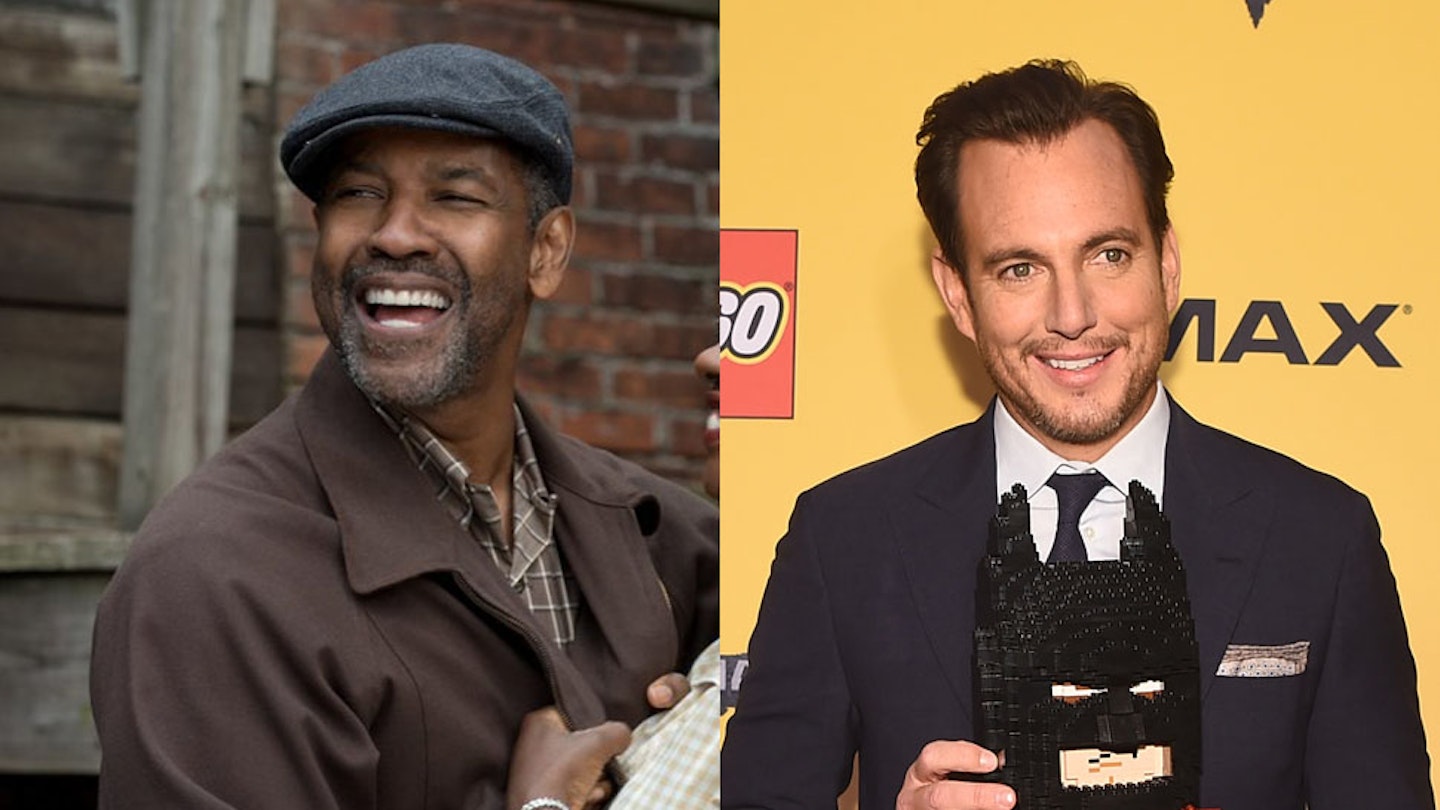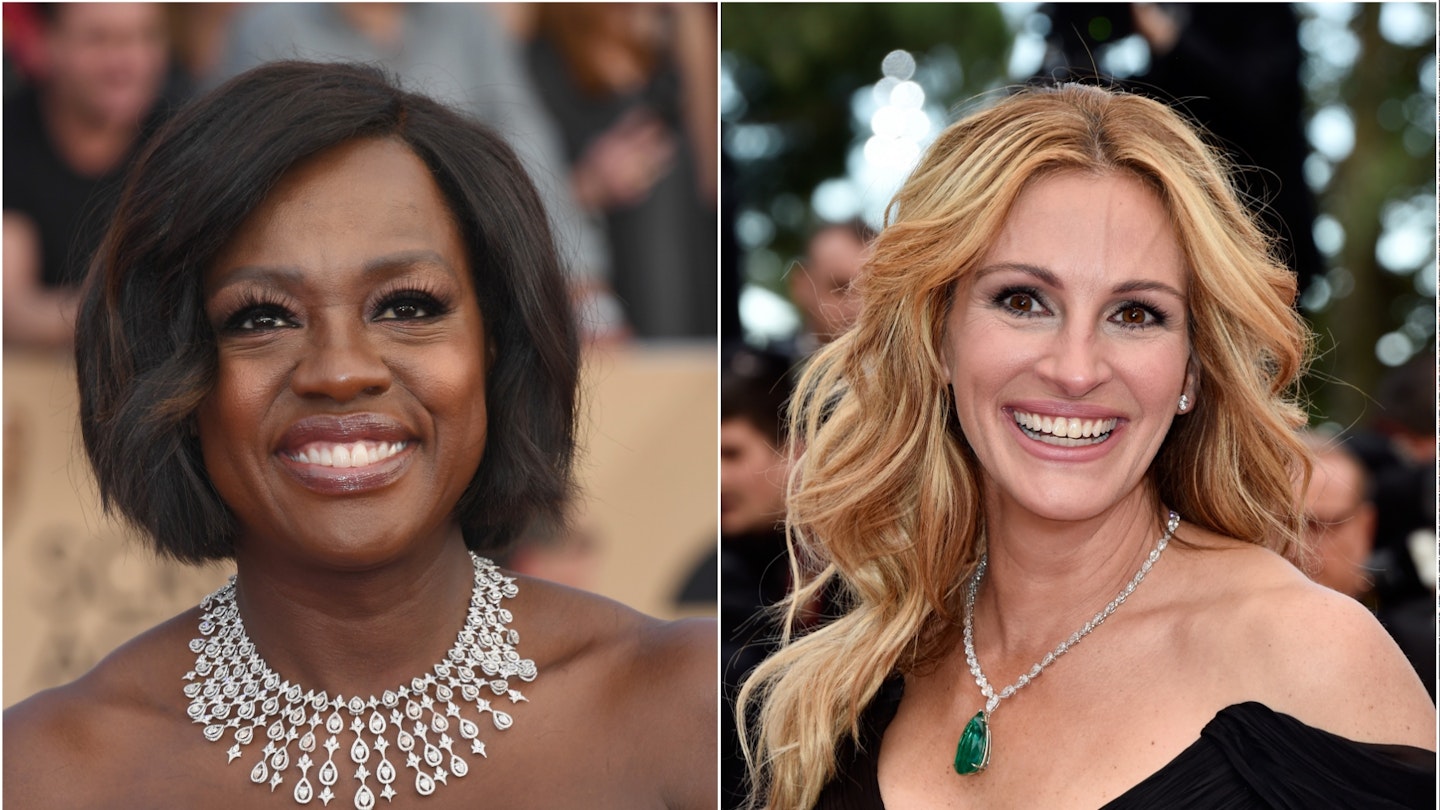Never mind video games, plays are the real tricky beast when it comes to wrangling film adaptations. Too literal and they are simply a retreading without a live audience; too cinematic and they become warped, a new kind of wood from the bark from which they were born.
So expect to see much made of Fences being ‘too stagey’, but believe that — along with its rich heart — its strengths are its faith to the source material and staunch refusal to throw in filmic architecture or bombastic cinematography to warrant its place on screen and your backside on a seat.
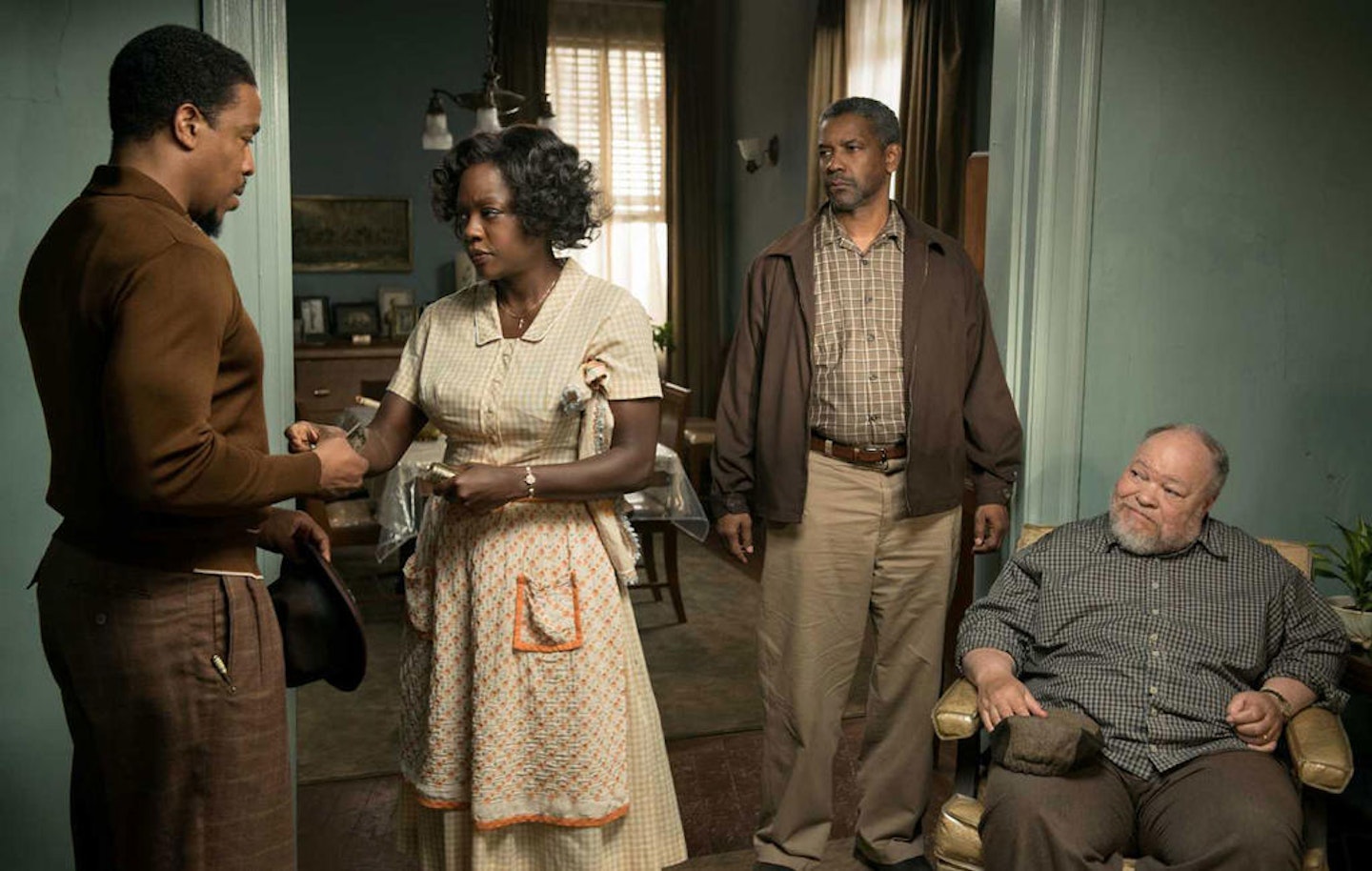
It’s Pittsburgh in the 1950s. It’s Friday, it’s payday, and as their shift hauling trash ends, Troy (Denzel Washington, who also directs) and best friend Bono (Stephen Henderson) do what they do every Friday: sit in Troy’s back yard and weave intricate, bawdy stories, half-drunk bottle of gin in hand, before being joined by Troy’s wife of 18 years, Rose (Viola Davis). With little in the way of action in that stark yard — or even physical movement — it’s a first act Washington delivers pretty much single-handedly, dense dialogue tripping from his tongue with the beat and the bounce of poetry. At times, you could swear you hear jazz. Here, Washington is tilling the earth by hand, laying the soil even for the story set to unfurl before us.
Troy is a man stitched together from the hurt of his first five decades on earth — a promising ballplayer who, through institutional racism (and potentially, you later discover, his age, due to spending years in prison for killing a man) was robbed of the chance to go pro. This is only one welt he carries close to the skin (see also the fact that there is no black sanitation truck driver in his company), but the one that continually raises to the surface, as fresh as when it was first made. It’s felt in every decision, every spat word, every harboured resentment; from his flagging relationship with Rose to the dysfunctional dynamic with youngest son — himself a promising athlete — Cory (Jovan Adepo).
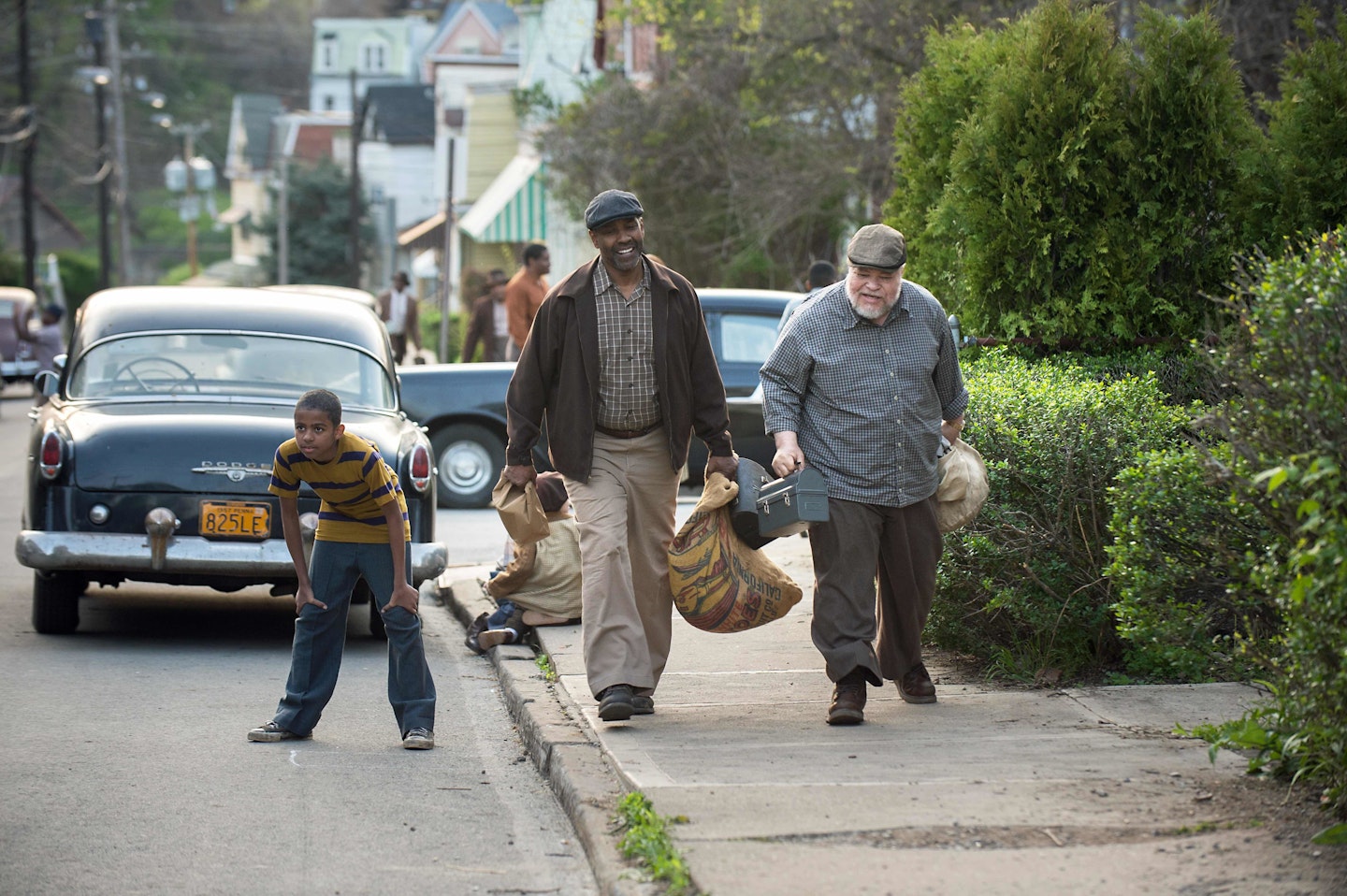
A frustrating, toxic combination of ego, pain and injustice proves to be Troy’s undoing as both a husband and a father, if not entirely as a man. The complexity of characterisation is handled deftly by Washington who takes him to the brink of redemption and back again, never fully losing the sympathies of the audience along the way.
You’ve got to work hard for this film, but by god, it’s worth the graft.
It’s not an epic story, but it is a story told epically. It’s one of the creaks and cracks and tiny hairline fractures that deepen and expose within a family, almost without notice, until they’re beyond repair. But it’s also one with a singularity of perspective, it being that of a working-class African-American family in the 1950s. It’s a narrative that playwright August Wilson — who receives the only screenplay credit — mined beautifully, Fences being one of the ten plays in his ‘Century Cycle’ exploring 100 years of everyday family life in black America. A narrative that arguably has more resonance and relevance than ever.
It’s material that demands much of its cast — almost all of whom starred in the Tony Award-winning 2010 Broadway revival — and while Washington holds the first hour exquisitely, Golden Globe winner Viola Davis, initially tiptoeing the landmines that circle her husband, ultimately moves towards the heart of the story. Her passion and sheer power is never greater than in the scene that follows a shock confession from Troy, notably the seven words, “What about my life, what about me?”, delivered with an emotional nuance and gut-punching authenticity that most actors stretch for over the course of two hours (if not two decades).
Outside of Washington and Davis, Russell Hornsby fizzes with resentment and bows with need as Lyons, Troy’s son from a previous relationship, and while the character of Gabe (Mykelti Williamson), Troy’s brother who suffered a brain injury, doesn’t translate as fully or smoothly to screen, it’s a relatively small note in an otherwise flawless film. Denzel Washington’s third directorial outing is undoubtedly a work of meat and substance; of ambition executed with precision. There are no frills, no flights of fancy or footwork to distract and relieve. Yes, you’ve got to work hard for this film, but by god, it’s worth the graft.
